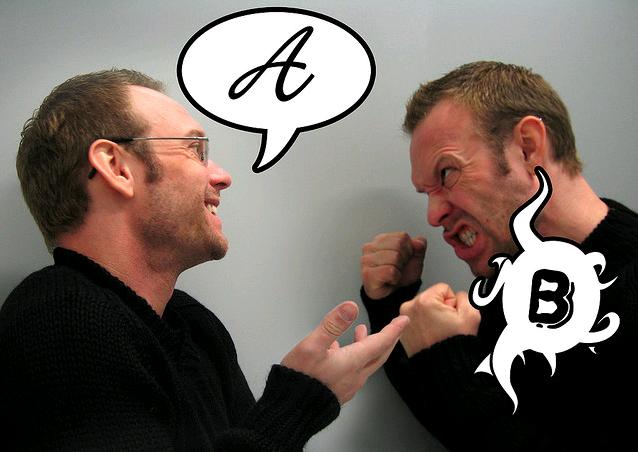9 Strategies to Avoid Misunderstandings


When you deal with others, you’re going to have misunderstandings. Relationships can be strained by miscommunication and misunderstandings.
The best way to deal with misunderstandings is to avoid them in the first place. This is one challenge that’s easier to prevent than to solve.
Not all misunderstandings can be avoided, but you can greatly reduce their occurrence.
Try these options to avoid the relationship issues that can be caused by misunderstandings:
1. Think before delivering your message. Many misunderstandings could be avoided by taking a moment to really think about the situation. What is going on? What are you trying to accomplish? What is the other person thinking and feeling? What is their perspective?
2. Writing can be better than speaking when it comes to details. It’s easy for the details of a conversation to be forgotten. Write a note or send an email. This is especially true at work. Leave a paper trail whenever possible.
3. Ask the other person to repeat back what you said. Once you’ve come to an agreement, have the other person demonstrate that they have the same understanding you do. Have a misunderstanding now when it can be rectified. It’s easier to smooth out any misunderstandings immediately than later.
4. Listen. Many misunderstandings are your own fault. One way to minimize your contribution to the problem is to put your listening ears on and concentrate on what’s being communicated to you. Most people are very distracted. Work on your ability to focus on another person.
- This is a very valuable skill, and you can practice each day. Practice your listening skills during every conversation you have. After the conversation is complete, evaluate how you did.
5. Take a break when emotions are running high. Misunderstandings are more likely to happen during times of heightened emotions. Take a break and have the conversation another time.
6. Be specific. The devil is in the details. Vagueness leads to misunderstandings. Be specific when the details matter. Avoid forcing people to guess what you mean. Just spell it out so anyone can understand what you’re saying. Being crystal clear is in everyone’s best interest.
7. Ask questions. Think of anything you might have misunderstood and ask about it. Questions are a great way to ensure you’ve understood what was communicated to you. You can also ask questions to verify you were understood.
- “Okay, so you need me to….?”
- “Just so we’re clear, it would help you if I….?”
- “So, you understand that I need you to pick up the kids at…?
8. Recap. This is similar to asking the other person to repeat the gist of your discussion back to you. In this case, you’re offering up your description of what just happened and what’s going to happen next.
9. Think ahead. Many misunderstandings can be avoided with a little planning. Imagine how the other person is going to interpret what you do or say. Head off any misunderstandings before they happen.
Misunderstandings and relationships go hand in hand. You’re bound to have misunderstanding sooner or later. Take the necessary precautions to minimize the likelihood of any confusion.
Conversations serve to transfer information. Ensure that the transfer has taken place accurately and completely.
Use questions to avoid miscommunication. Have a quick recap after an important conversation. And, practice your listening skills. They are invaluable in life.
CLICK HERE to Explore/ Our Free Online Courses
Responses